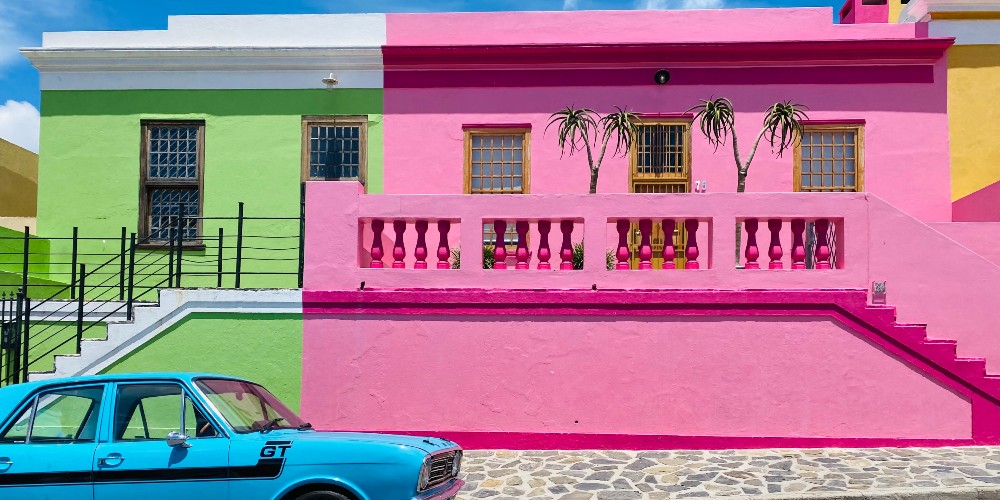From accessible and malaria-free safaris to fascinating cities and vast national parks, South Africa is the ideal family adventure. Plus, direct UK flights and no jet-lag make it surprisingly easy to do with kids.

As Africa’s most visited country, standards in South Africa are exceptionally high, whether you’re heading for the all-out luxury of a five-star game reserve or booked into a pretty family hostel on Durban’s Dolphin Coast.
Cities like Cape Town and Johannesburg are international in every sense, but they’re surrounded by nature at its most impressive – Table Mountain is Cape Town’s iconic backdrop, and Johannesburg is close neighbour to the magnificent Highveld grasslands.
South Africa is also a country which promises the ‘Big Five’ (buffalo, elephant, leopard, lion and rhino) on several major reserves, including the famous Kruger National Park and Addo Elephant National Park, where five becomes seven by adding sharks and whales into the wild, wild mix.
Relaxed entry rules for families
Good news for families visiting South Africa – the country has relaxed its entry requirements for kids under 18. Now, children who are entering South Africa with a parent for a holiday, only need a valid passport. The adult doesn’t have to be a biological parent.
Before the change in rules, families were required to carry birth certificates for their children, or written letters of permission, when entering the country. This rule caused much confusion and anxiety among British travellers, so the decision to scrap it has come as a welcome relief to many.
So, travelling with children to South Africa has never been easier. What are you waiting for?
There are direct flights from the UK to three South African airports: Johannesburg, Cape Town and Durban.
A long flight (between 11 and 15 hours) but crosses fewer than three time zones, so no jet lag.
Over 50 national parks and game reserves, including Kruger National Park and Phinda Game Reserve.
Kgalagadi is Africa’s only trans-frontier game reserve, and combines the magnificence of Botswana and the Northern Cape.
South Africa is malaria-free, and many of the Big Five reserves have family lodges, innovative kids’ activity programmes and exceptional childcare.
Beach and safari can be easily combined in a single South African family holiday.
Cape Town has temperatures between 20°C and 27°C from November to April and average temperatures of 18°C in UK summer months.
South Africa is big and the roads are good, so driving is stress-free and the best way to see as much as possible. Self-drive safaris are available in some reserves but, unless you know what you’re doing and feel confident in the environment, guided safaris are a much better option. Don’t drive in cities if you can help it. Public transport is usually reliable but taxis are inexpensive and good for visiting attractions and historic districts.